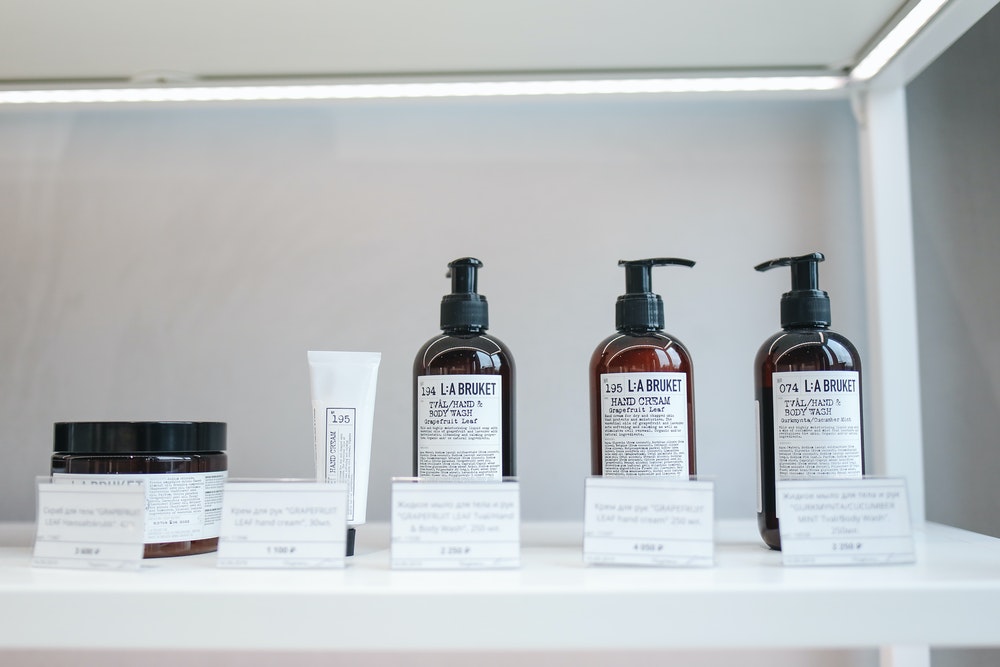We all know that COVID-19 and the downturn are ultimately altering our lives. However, precisely what does this mean to the beauty industry, and also just what is it like after the recession?
COVID-19 and the downturn will probably accelerate the rise of skincare and decline of color makeup, trends which we’ve observed already for the previous years because of the resurgence of their “no-make-up”-cosmetics look and concentrate on firming and wellness. We’re calling the following for every category:
The Hardships of the Cosmetic Industry due to a new skincare regime
In skincare, categories like masks, serums, treatments will probably be up as people have enough hours to market skin. SPF will be down since people go outside less frequently, and cleansers may be stable or down since people wear less makeup.
Within color makeup, nail colors and treatments will be upward as people shift to at-home manicures. Makeup, notably prestige makeup, will observe a decline as discretionary income reduces and individuals wear makeup less often. Volume makeup might be able to absorb a few of the flow from the prestige category.
Within hair care, baldness will be upward as people do have more hours at home. Shampoo and conditioner will likely be dry and down shampoo up as people are washing their hair frequently.
The recession will eventually affect people’s beauty regimens and how they determine beauty. Throughout the downturn, people will have more hours to try unique services and products and are open to experimentation because if something goes wrong, they can safely hide from their own houses’ confines. Post-recession, many of these product and regime discoveries can stick. Individuals will generally turn out of the downturn more educated on beauty than ever before.
Besides, as people use less makeup throughout the recession and might begin focusing on improving their skin, they may choose to choose their skin care services and products over their bases. Skincare improvements or perhaps not, people may also get accustomed to their natural appearances, ditch whole categories altogether post-recession, or switch them out for lower coverage alternatives.
Within color cosmetics, concealers, foundations, and brow products may observe a decline. Individuals can likewise embrace their natural hair and straighten or curl their hair, so styling products and tools may also follow a reduction.
Brick-and-mortar has already been on the decline and e-commerce on the increase for years, and the downturn will likely accelerate these trends (though we’ll have to check if these trends will undoubtedly be different among stature vs. mass — we guess that prestige brands will likely be affected than mass brands).
Beauty specialty retailers and mass players (Walmart, Target) may balance their decrease in planetary and boost e-comm companies. However, drugstores, which can be seeing low traffic compared with mass stations during the recession, typically also don’t have strong e-comm capabilities, which may exacerbate the divide.
Individuals may also become more comfortable buying beauty brands virtually. AR and face-recognition powered programs will play an increasingly crucial part in teaching and carrying down people the purchasing funnel.
The recession will soon run dry cash for many start-ups that have profited from the enormous amount of financing available for the previous years. The surplus in public funding, in addition to the relative simplicity of starting a beauty / consumer-goods start-up (vast accessibility to contract manufacturers, easy to accomplish scale via DTC version and digital marketing), has given rise to start-ups with suspicious business models.
Many start-ups are putting sufficient packaging and promotion on products that are not fundamentally better — and while marketing and design can go much today, people are becoming inundated and tired by the sheer selection of brands available on the market.
We are also predicting that many companies will go out of cash and or their organization models will soon be shown fact, meaning some could either go out of business or have acquired. Even the post-recession industry will likely be far more consolidated than previously.




